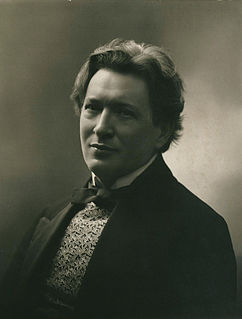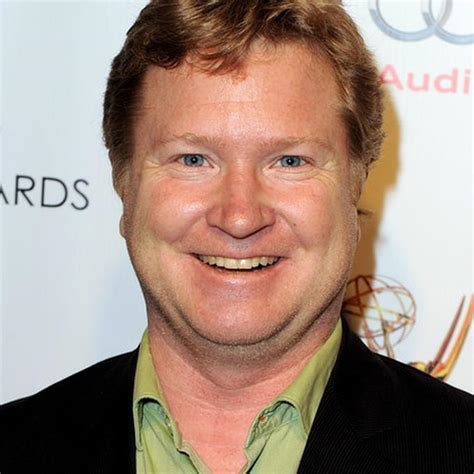A Quote by Ferruccio Busoni
The function of the creative artist consists of making laws, not in following laws already made.
Related Quotes
The laws ought to be so framed as to secure the safety of every citizen as much as possible. ... Political liberty does not consist in the notion that a man may do whatever he pleases; liberty is the right to do whatsoever the laws allow. ... The equality of the citizens consists in that they should all be subject to the same laws.
Laws, it is said, are for the protection of the people. It's unfortunate that there are no statistics on the number of lives that are clobbered yearly as a result of laws: outmoded laws; laws that found their way onto the books as a result of ignorance, hysteria or political haymaking; antilife laws; biased laws; laws that pretend that reality is fixed and nature is definable; laws that deny people the right to refuse protection. A survey such as that could keep a dozen dull sociologists out of mischief for months.
I have established Laws in the universe that make it possible for you to have-to create-exactly what you choose. These Laws cannot be violated, nor can they be ignored. You are following these Laws right now, even as you read this. You cannot not follow the Law, for these are the ways things work. You cannot step aside from this; you cannot operate outside of it.
A constitution, therefore, is to a government what the laws made afterwards by that government are to a court of judicature. The court of judicature does not make the laws, neither can it alter them; it only acts in conformity to the laws made: and the government is in like manner governed by the constitution.
Does man's freedom consist in revolting against all laws? We say no, in so far as laws are natural, economic, and social laws, not authoritatively imposed but inherent in things, in relations, in situations, the natural development of which is expressed by those laws. We say YES if they are political and juridical laws, imposed upon men by men.
Let it not, therefore, be said that the Sovereign is not subject to the laws of his State; since the contrary is a true proposition of the right of nations, which flattery has sometimes attacked but good princes have always defended as the tutelary divinity of their dominions. How much more legitimate is it to say with the wise Plato, that the perfect felicity of a kingdom consists in the obedience of subjects to their prince, and of the prince to the laws, and in the laws being just and constantly directed to the public good!








































